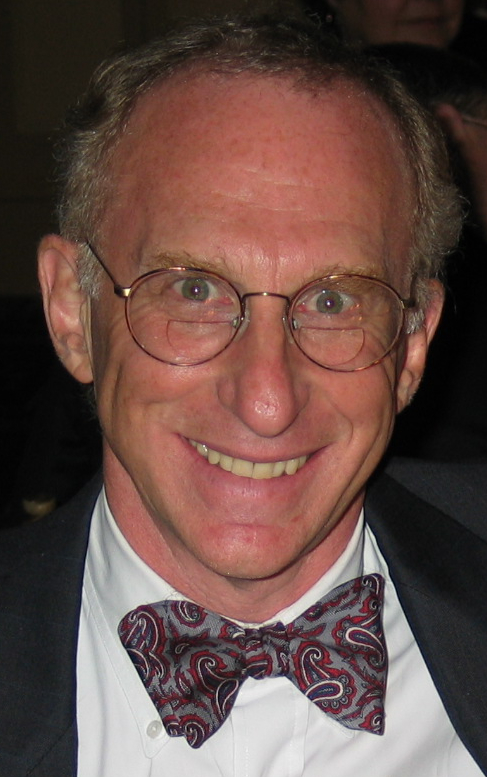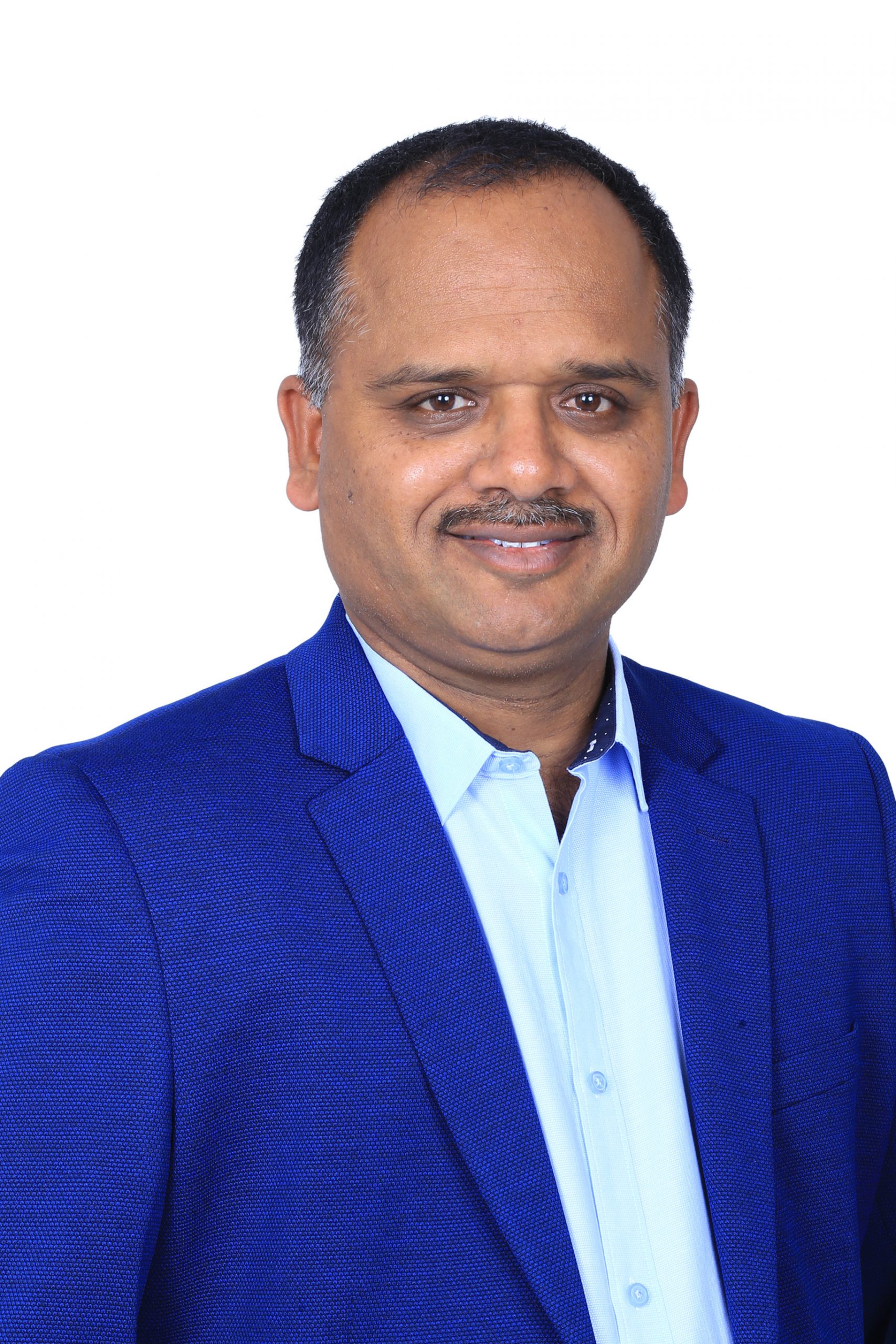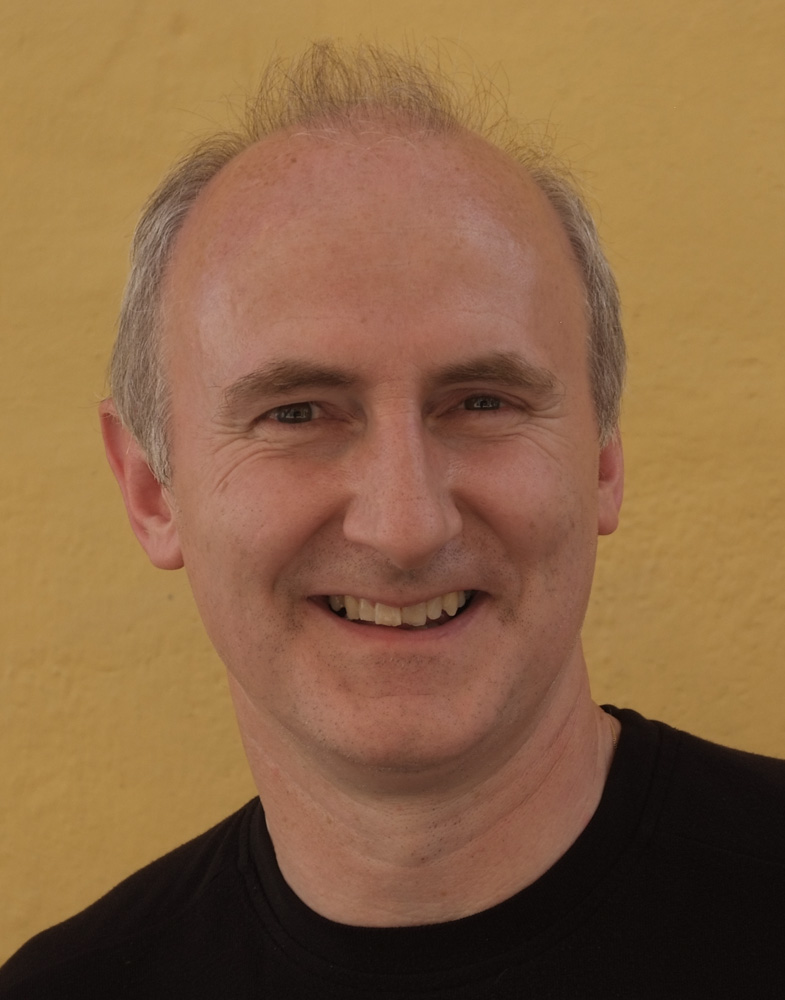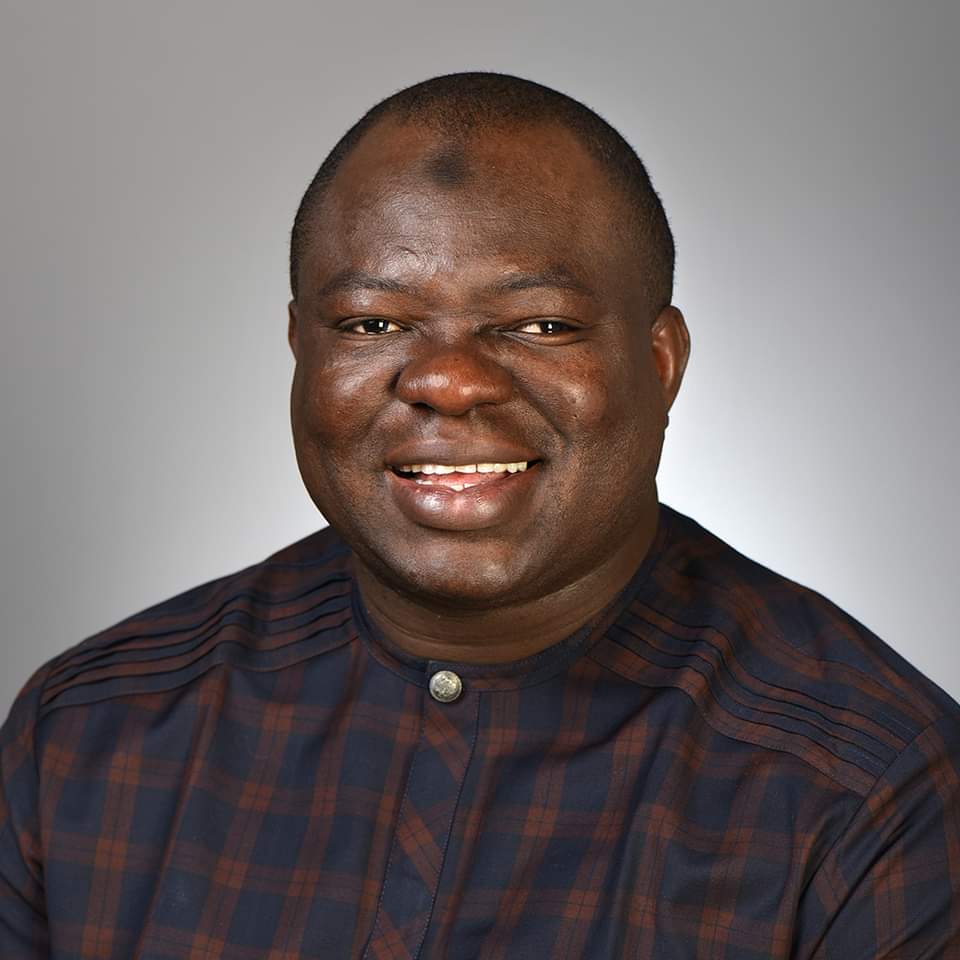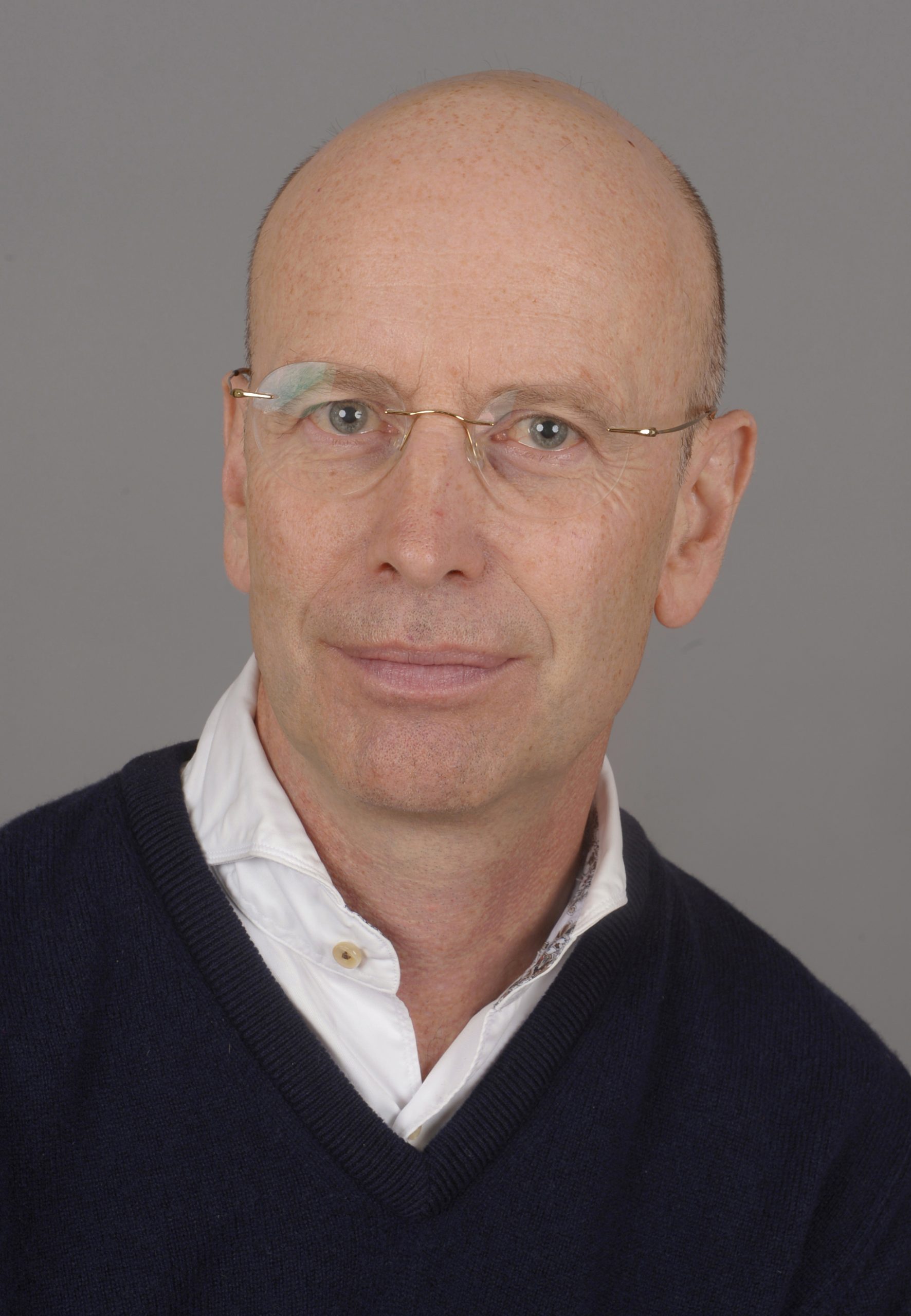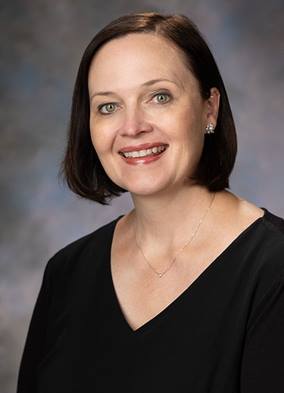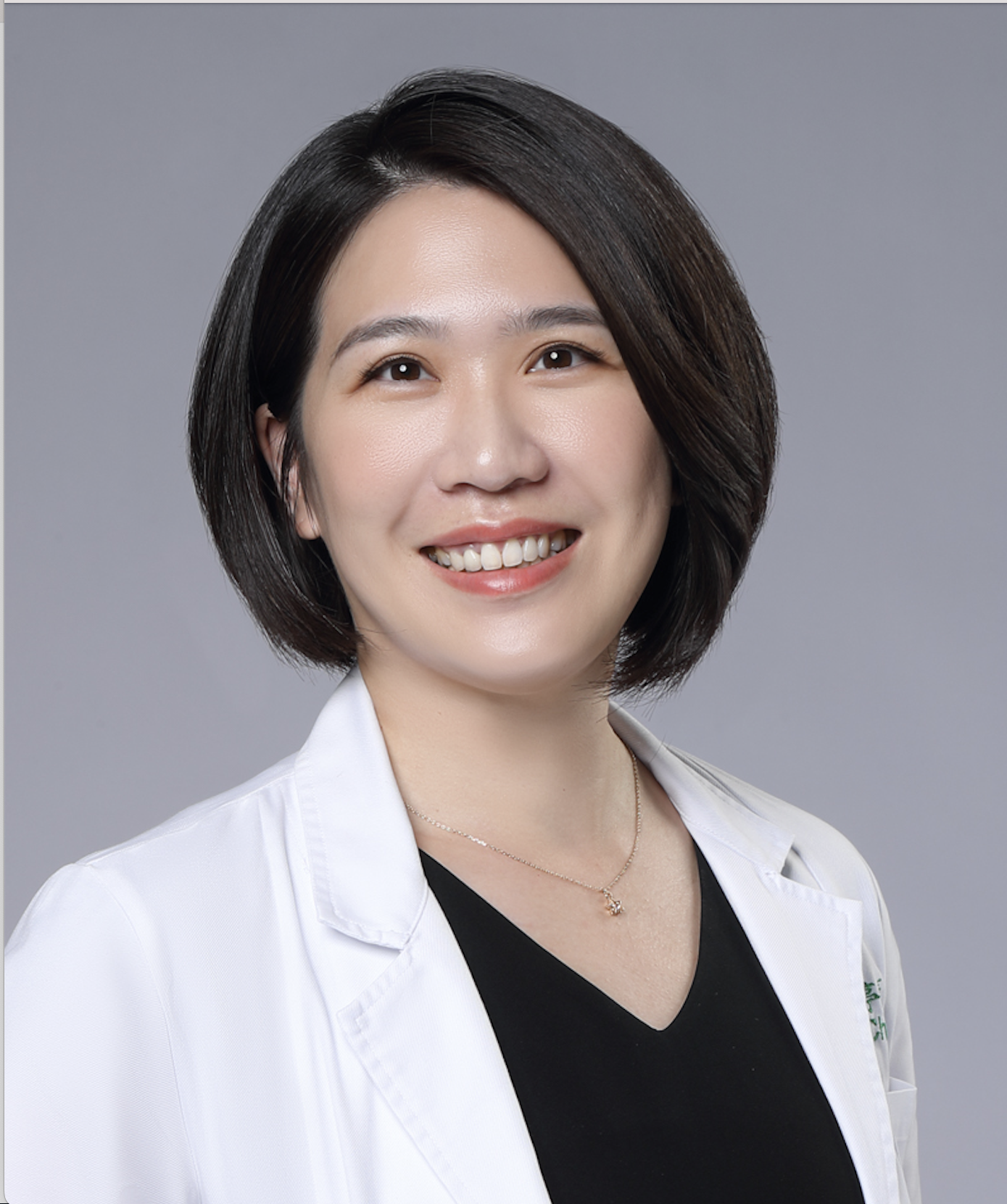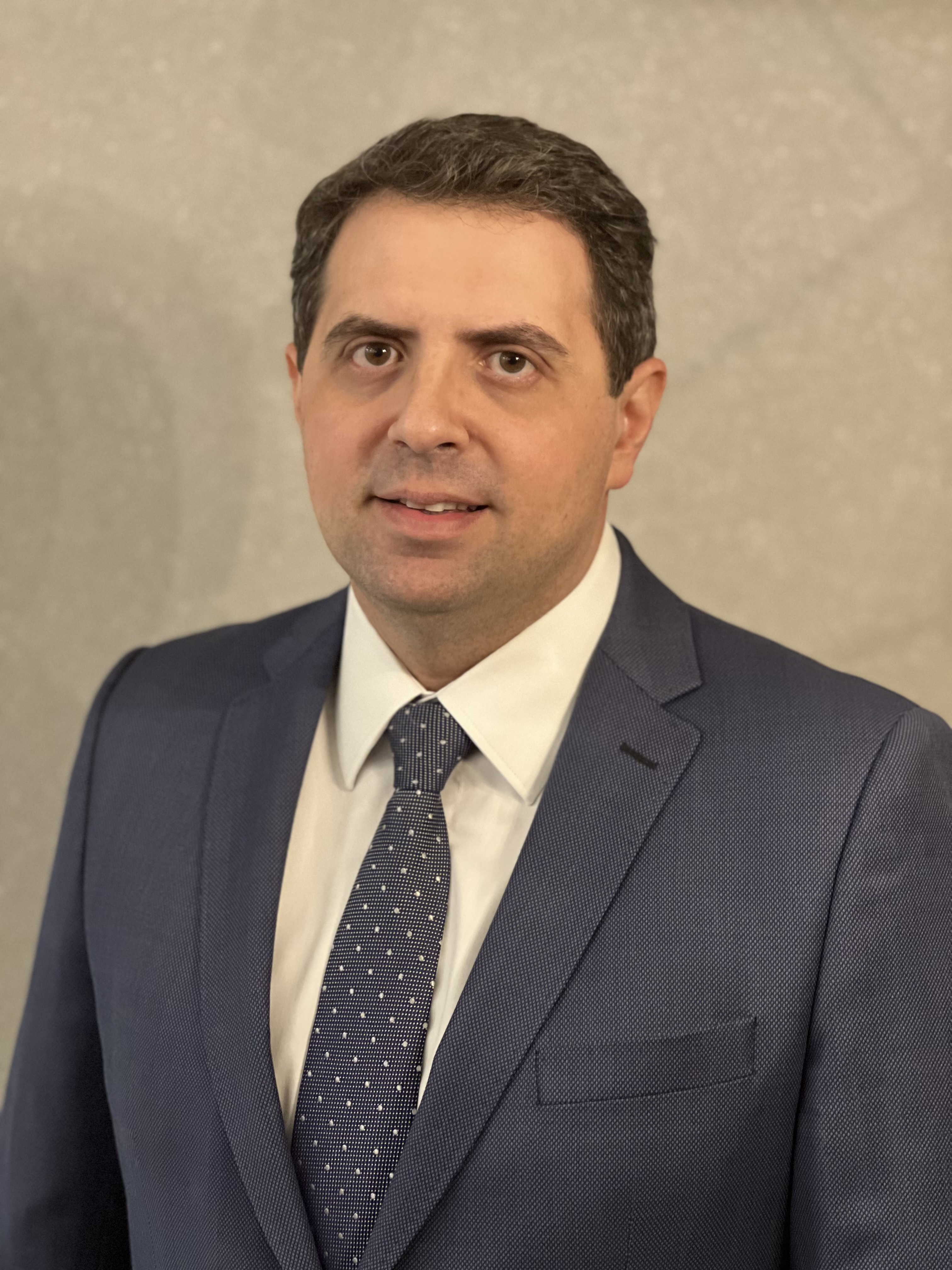A series of Task Forces comprised of geographically diverse members to compile, evaluate and make recommendations on several aspects of cleft and craniofacial care was initiated prior to the 1997 8th International Congress on Cleft Palate and Related Craniofacial Anomalies by President S.T. Lee.
These Task Forces reported their findings to the Congress attendees and at least one resulted in a peer-reviewed journal publication. However there was no subsequent continuation or follow-up until the 12th Congress held in the United States of America in 2013. Five Task Forces [addressing palate repair in speaking individuals, holistic outcomes, speech services where speech therapists are absent, speech assessment and collaborative studies beyond Eurocleft] were organized prior to the Congress and presented their work both in-person at the Congress and subsequently published in The Cleft Palate-Craniofacial Journal and on the Confederation’s website (https://www.iccpca.org/publication.php) in order to share findings and stimulate discussion.
The organizing committee of the 13th Congress, held in India in 2017, continued some of the 2013 Task Forces, established new ones [Research, Clefts Without Caries, Infant Care, Prevention] and discontinued some for a total of five. Again each Task Force presented their work both in-person at the Congress and subsequently published in the Journal of Cleft Lip Palate and Craniofacial Anomalies (https://journals.lww.com/cpcs/toc/2017/04001).
The organizing committee of the 14th Congress continued the Task Force “tradition” with continuation of some [Speech, Cleft Without Caries] and reconfiguration of others [Global Cleft Team Registry, Epidemiology-Aetiology-Prevention, Patient Centered Outcomes]. It is anticipated that the final reports of the CLEFT 2022 Task Forces will become available either on the Web and/or in a publication.
The 15th Congress continues the Task Force “tradition”with Cleft Registries, Clefts without Caries, Epidemiology-Aetiology-Prevention, Holistic Outcomes of Cleft Care, Neonatal cleft Care, and Telemedicine and Technology to Augment Remote Cleft Care.


